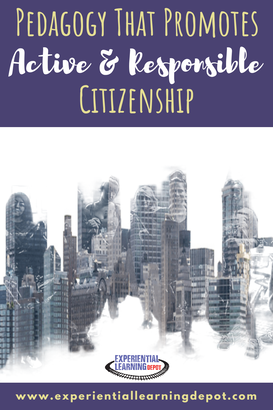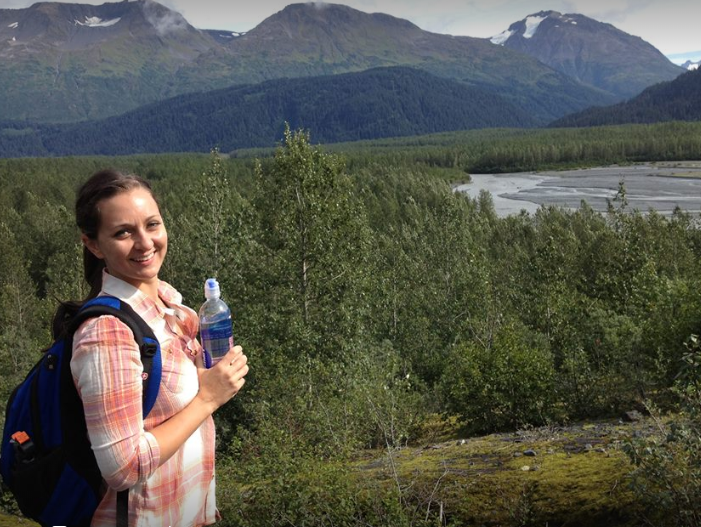|
The year 2020 has been a doozy. In a matter of six months there has been a pandemic, school closures, economic collapse, "murder hornets", countless instances of racial injustice, and an uprising, one that has been a long time coming. I've been thinking about how these unprecedented events have impacted the lives of my students and what power they have to shape the uncertain future of this world.
0 Comments
I have been thinking a lot about my students over the last couple of weeks. They are residents of St. Paul and Minneapolis, many of them black Americans. Many of them have been actively involved in the protests taking place in the Twin Cities.
I’ve been thinking about my students because they're exhausted. They feel and experience a combination of blatant, passive, and systemic racism on a daily basis. I’ve been reflecting on my place in their lives and on my responsibilities to them as their teacher; how I have served them in the past and if I have served them well; whether they have felt or experienced racism in school. In reflecting on this question, I've come to some harsh realizations, one of which is that I have generally been silent around the topic of race for fear of saying the wrong thing. That silence needs to stop. I have responsibilites as an educator, a white educator, and so do you. So let's iron those out: Educators have responsibilities to their students beyond teaching content; to teach their students love and compassion for all, fairness, and justice; to teach acceptance, tolerance and empathy; to encourage children to celebrate their differences. Teachers have the responsibility of helping young people use their voices and advocate for themselves and their communities; to stand up for what they believe in, for themselves, and for others; to demand action when they experience or observe an injustice. These things matter. They matter the most at the end of the day. How do you fulfill these responsibilities? By modeling them. By practicing love, compassion, fairness, justice, acceptance, tolerance and empathy yourself; by taking a sincere and honest look at your own biases, taking accountability for them, and putting them in check; by changing your language in a way that acknowledges racial trauma and doesn't minimize that trauma (check out @ogorchukwuu on Instagram for more on gaslighting); by listening to your students and learning from their stories; by giving your students the same trust and respect that you expect in return; by educating yourself on other cultures, particularly those of the students you serve, without expecting anyone else to do that work for you. Support and utilize pedagogy that promotes active citizenship and community partnerships; pedagogy that provides students with a platform to use their voices, share their stories, and make positive change in their own lives and the community; pedagogy that highlights and celebrates the accomplishments and contributions of black, indigenous, and people of color. I don’t have it all figured out and I’m certainly not without fault. But I know that as a white educator, I have a responsibility to my students to reflect, listen, and educate myself, and to that I am committed. Racism needs to stop at your classroom door. You are in a unique position as a teacher, influencer, role-model, protector, supporter, and cheer-leader. Use your position to challenge systemic racism in this country and move toward an equitable future for your students. |
Blog IntentTo provide innovative educational resources for educators, parents, and students, that go beyond lecture and worksheets. AuthorSara Segar, experiential life-science educator and advisor, curriculum writer, and mother of two. Categories
All
|



 RSS Feed
RSS Feed